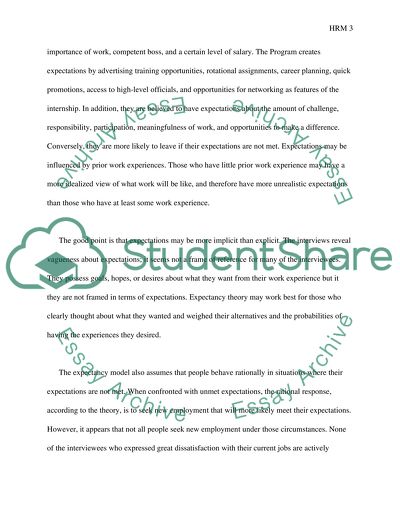Cite this document
(Human Resource Management - Recruitment, Retention, and Employee Relat Essay, n.d.)
Human Resource Management - Recruitment, Retention, and Employee Relat Essay. Retrieved from https://studentshare.org/human-resources/1529974-human-resource-management-master-assignment
Human Resource Management - Recruitment, Retention, and Employee Relat Essay. Retrieved from https://studentshare.org/human-resources/1529974-human-resource-management-master-assignment
(Human Resource Management - Recruitment, Retention, and Employee Relat Essay)
Human Resource Management - Recruitment, Retention, and Employee Relat Essay. https://studentshare.org/human-resources/1529974-human-resource-management-master-assignment.
Human Resource Management - Recruitment, Retention, and Employee Relat Essay. https://studentshare.org/human-resources/1529974-human-resource-management-master-assignment.
“Human Resource Management - Recruitment, Retention, and Employee Relat Essay”, n.d. https://studentshare.org/human-resources/1529974-human-resource-management-master-assignment.


